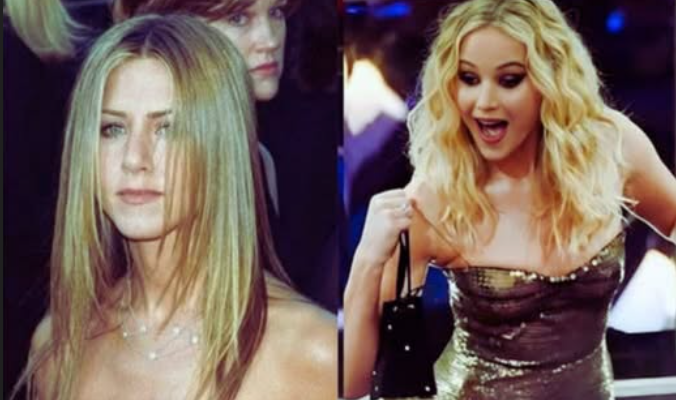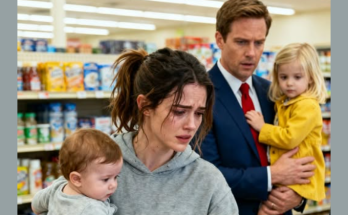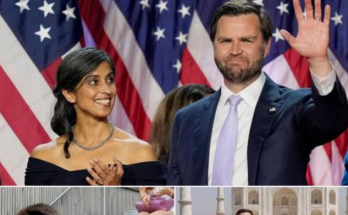Hollywood has always been home to a rotating cast of stars, but few have made as lasting an impression as Jennifer Aniston and Jennifer Lawrence. Though they share a first name and widespread popularity, the two actresses have carved out very different paths in the entertainment industry, each marked by distinct roles, personalities, and public images. Together, they represent two generations of female stardom—one rooted in television legacy and enduring charm, the other in cinematic intensity and critical acclaim.
Jennifer Aniston rose to prominence in the 1990s with her portrayal of Rachel Green on the hit NBC sitcom Friends. The show became a cultural phenomenon, and Aniston’s character—complete with her signature haircut and relatable romantic misadventures—turned her into a household name. For ten seasons, audiences connected with Aniston’s ability to bring humor, vulnerability, and warmth to the screen. Even after Friends ended in 2004, her appeal didn’t fade. Instead, she transitioned smoothly into film, starring in a series of commercially successful romantic comedies like The Break-Up, Marley & Me, Along Came Polly, and Just Go With It.
Despite being typecast in romantic roles for much of her film career, Aniston has proven her range with performances in dramas like Cake and The Morning Show, the latter of which earned her a Screen Actors Guild Award and critical praise for her more serious, layered performance. Her career is a testament to longevity, reinvention, and the power of a deeply likable on-screen presence. Beyond her roles, she is widely admired for her polished yet grounded demeanor, her timeless style, and her ability to maintain relevance across decades.
In contrast, Jennifer Lawrence emerged as a defining actress of the 2010s, known for her unfiltered authenticity and extraordinary talent. Her breakout performance in Winter’s Bone (2010) earned her an Academy Award nomination at just 20 years old. From there, Lawrence quickly ascended to A-list status with her role as Katniss Everdeen in The Hunger Games franchise, which catapulted her to international fame. She continued her hot streak with acclaimed performances in Silver Linings Playbook, American Hustle, and Joy, all of which earned her Oscar nominations. She won Best Actress for Silver Linings Playbook, becoming the second-youngest actress ever to win in that category.
What sets Lawrence apart is her fearless approach to roles and her refusal to conform to Hollywood’s expectations. She can shift effortlessly between action-packed blockbusters and emotionally intense dramas, always bringing a sense of authenticity and unpredictability to her performances. Off-screen, Lawrence is known for her candid, humorous interviews and a down-to-earth attitude that contrasts with the typical polish of celebrity culture. This combination of raw talent and relatable personality has made her a fan favorite and a respected force in the industry.
While Aniston represents classic Hollywood charm, built on consistency, grace, and connection with audiences over time, Lawrence represents the modern star: bold, unfiltered, and critically lauded for taking risks. Aniston’s legacy lies in her cultural impact—particularly her role in shaping the modern sitcom heroine—while Lawrence’s legacy is built on versatility, awards recognition, and her status as a voice of her generation.
In many ways, they embody different eras and energies: Aniston, the beloved girl next door whose stardom was built over years; Lawrence, the fiercely talented disruptor who rose swiftly through the ranks. Yet both Jennifers have one thing in common—the ability to leave a lasting mark on Hollywood, each in her own way.



